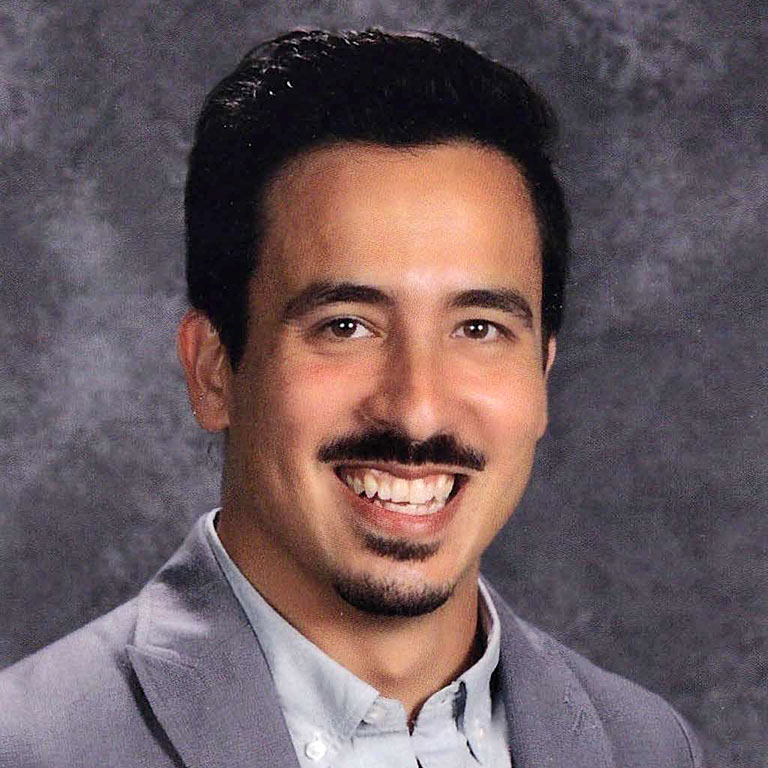While the COVID-19 pandemic has affected every facet of life, it’s particularly changed education. At the first virtual panel of the school year featuring Armstrong Teacher Educator award winners, five of the teachers shared how they’ve adjusted their teaching, whether they’re teaching from home, in school or in a hybrid situation.
Cynthia Hairston teaches science at North Central High School in Indianapolis, where school is totally virtual, though that is scheduled to change in October. She is in the process of changing the setup of her classroom to facilitate social distancing and acknowledged that she’s blessed to mostly teach students that are self-driven. One of the many challenges she faces teaching virtually is the loss of one-on-one time with her students.
“We have so much content we have to go over that we don’t really have time for one on one. Talking with them as a group and spending more time, that’s where you get to that story, they’ll give you a little background,” she said. “I’ve told my students we really need to extend each other a lot of grace, and that goes both ways.”



